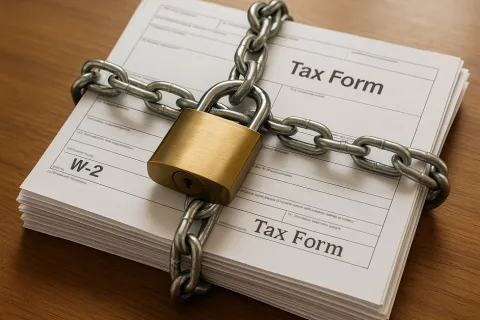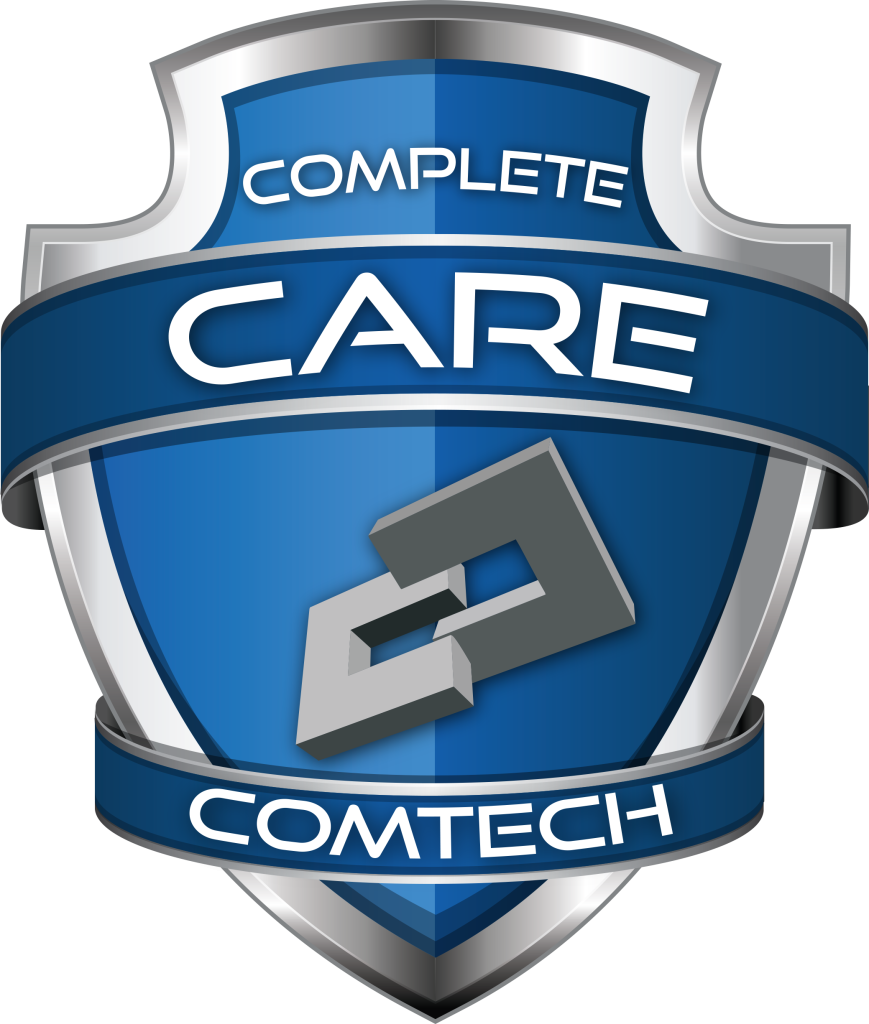The value of personal and business data cannot be overstated. Ethan often encounters a common misconception: the belief that one's data is insignificant and not worth protecting. Phrases like "Just take my data; I don't have anything to hide," or "Who cares about my cat pictures?" are all too common. This mindset, however, is dangerous and underestimates the true value of your data.
Why Data Matters
The recent ransomware attack on Change Healthcare is a stark reminder of the importance of data security. Change Healthcare, a significant backend medical billing provider, was willing to pay $22 million to retrieve their data. This incident highlights just how valuable data can be, even for large corporations. Read (or watch) our blog about this attack here: https://comtechnc.com/change-healthcare-ransomware/
The Real Value of Data
Businesses store vast amounts of personal and financial information online. This data is incredibly valuable, and its importance will only grow. Companies like Facebook, Twitter (now X), and Amazon provide free services in exchange for your data because they understand its immense value. By analyzing this data, they can gain insights that are far more valuable than the incentives they offer.
How Hackers Exploit Your Data
When hackers obtain your data, they have numerous options for exploitation.
Here are a few scenarios:
Impersonation and Surveillance: Hackers can log in as the user and monitor activities. If they gain access to email, they can observe communications and gather more information to use later.
Selling Information: They can sell data on the dark web or to other malicious actors who will use it for personal gain.
Phishing and Scamming: For businesses, hackers can email clients or vendors pretending to be the victim, potentially redirecting payments or stealing sensitive information.
Internal Threats: They can impersonate employees within a company, requesting changes to bank account details or other sensitive information.
Ransom and Extortion: Hackers might contact the user directly, threatening to release your data unless you pay a ransom.
Example: Your Data is Leaked and Hackers Learn You Have High Cholesterol
Consider a scenario where a hacker learns that someone named Jim has high cholesterol. With this single piece of information, a hacker can:
- Phish for More Data: Create fake websites offering free cholesterol medication samples to Jim, hoping he will click a link and provide more information.
- Target Healthcare Providers: Email doctors in Jim's area pretending to be him, seeking appointment details or medical records.
- Exploit Personal Relationships: Pose as a friend and send Jim a fake e-book about managing cholesterol, embedding malicious links to extract more data.
While this example might seem far-fetched, it illustrates how a single piece of data can be leveraged to gather more valuable information.
Protecting Your Data
Given the high stakes, it's crucial to take proactive steps to secure your data.
Here are some basics:
Strong Password Policies: Ensure robust password policies are in place. Avoid using weak passwords like "password" or "123456".
Multi-Factor Authentication (MFA): Implement MFA wherever possible to add an extra layer of security.
Layered Security Measures: Use a combination of security tools to protect your data. Relying on a single antivirus program is no longer sufficient.
Employee Training: Train employees regularly on cybersecurity best practices. Awareness and education are key to preventing security incidents.
ComTech's Free Cybersecurity Training
Recognizing the importance of cybersecurity education, ComTech is rolling out a free in-person CyberHero training for your office and staff members. This training is designed to equip you and your staff with the knowledge and skills to identify and protect against various cyber threats. If you would like to learn more, visit comtechnc.com/cyberhero-academy
Data security is not just a concern for large corporations; it's an issue that affects everyone. By understanding the value of your data and taking steps to protect it, you can safeguard your personal and business information from malicious actors.
For more information on cybersecurity best practices or if you need assistance in strengthening your cybersecurity posture, don't hesitate to reach out at www.comtechnc.com/contact-us/.







